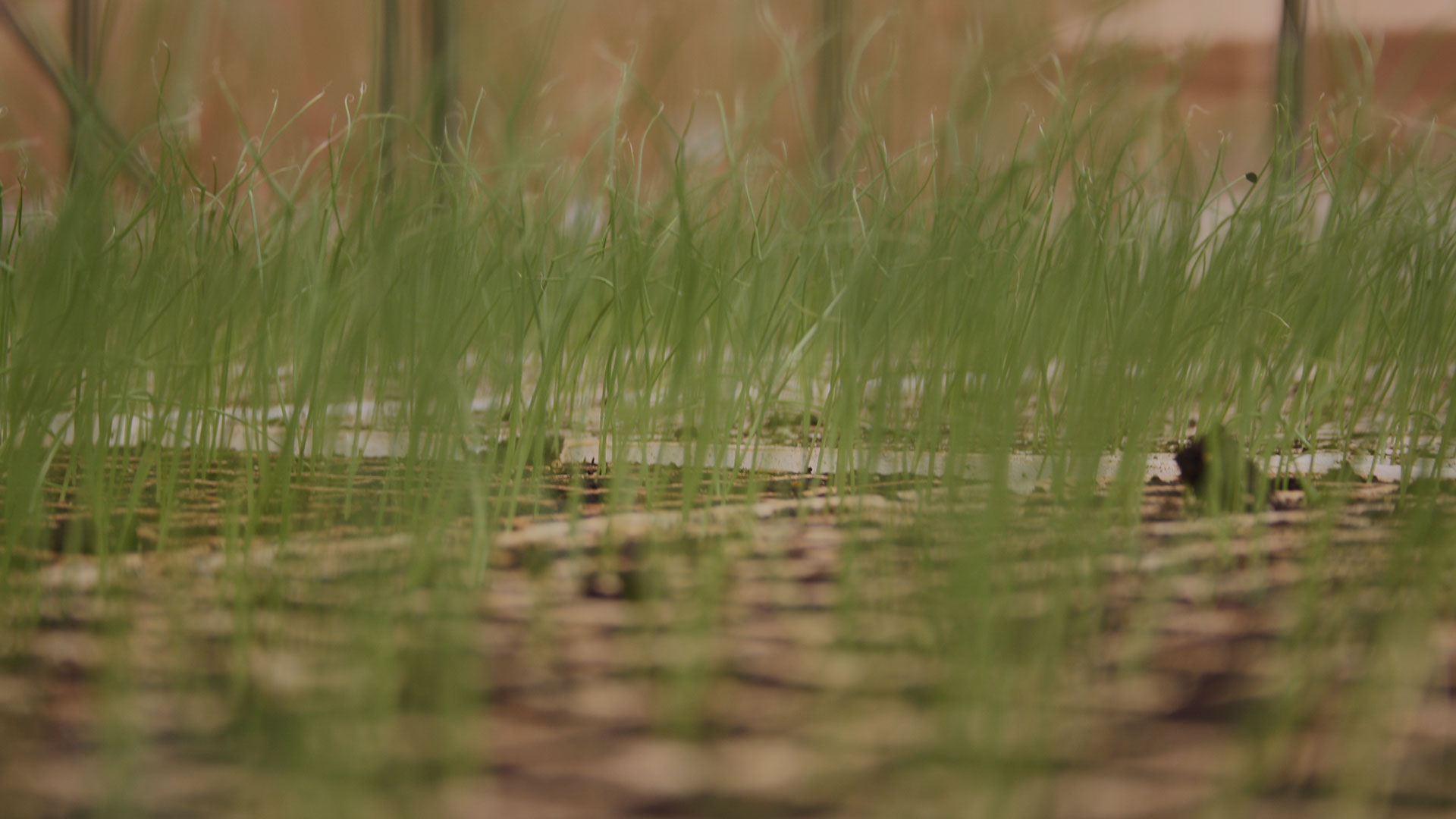
Agricultiva AND THE SDGs
By 2030, end hunger and ensure access by all people, in particular the poor and people in vulnerable situations, including infants, to safe, nutritious and sufficient food all year round.
By 2030, end all forms of malnutrition, including achieving, by 2025, the internationally agreed targets on stunting and wasting in children under 5 years of age, and address the nutritional needs of adolescent girls, pregnant and lactating women and older persons.
By 2030, double the agricultural productivity and incomes of small-scale food producers, in particular women, indigenous peoples, family farmers, pastoralists and fishers, including through secure and equal access to land, other productive resources and inputs, knowledge, financial services, markets and opportunities for value addition and non-farm employment.
By 2030, ensure sustainable food production systems and implement resilient agricultural practices that increase productivity and production, that help maintain ecosystems, that strengthen capacity for adaptation to climate change, extreme weather, drought, flooding and other disasters and that progressively improve land and soil quality.
Increase investment, including through enhanced international cooperation, in rural infrastructure, agricultural research and extension services, technology development and plant and livestock gene banks in order to enhance agricultural productive capacity in developing countries, in particular least developed countries.
By 2020, ensure the conservation, restoration and sustainable use of terrestrial and inland freshwater ecosystems and their services, in particular forests, wetlands, mountains and drylands, in line with obligations under international agreements.
IMPACT FACTS
- Provincial Farms
Leading agro-farming and livestock production centers in selected provinces,as a model for farmers and agri-business, with innovative technologies. Integrated facilities of production, food processing, packaging, marketing and distribution. Cooperation with local farmers: guidance, training, procurement and sales of their produce to wholesalers and retailers.
- 5 farms in operation with innovative agro-livestock technologies
- 780 jobs created
- 3000 Hc ofcultivated area, 300 Hc irrigated
- 500 greenhouses, in 12.5Hc. total area
- Until April 2016, annual production reached 850 tons of vegetables, 2000 tons of cereals, 8000 tons of animal feed, 825 tons of meat, 14 million chicken and 53.2 million eggs
- 650 tons of produce packed
- 8,400,000.00 USD global annual sales
- 400 tons of produce of 180 local farmers annually sold to the general market: 600,000.00 USD transaction value in 2015 and 2016
- 26 training seminars (crops and livestock) for local farmers provided, with average 18 training hours each: 1800 farmers and smallholders engaged
- Over 90% of the smallholders inquired referred having made changes in their production techniques after Agricultiva training, mostly in crop rotation, soil preparation, sowing and planting and efficient fertilization
- Agriculture and Veterinary Research Centers
Rehabilitation / construction and equipment of Agriculture and Veterinary Research Centers - Agricultural Experimental Stations and Zootechnical Stations - of the Agrarian Development Institute and Veterinary Research Institute. Training of researchers and laboratory technicians across the country.
- 9 Research Centers equipped in 7 provinces: 6 rehabilitated and 3 built by Agricultiva
- All of the 18 provincial veterinary laboratories supported with advanced training for lab technicians
- 18 training courses provided (15 in Angola and 3 in Israel) for researchers and technicians from both Agrarian Development and Veterinary Research Institutes, with an average of 84 training hours per course
- Around 150 researchers and technicians trained
- 85% of the trainees satisfied or very satisfied with the training received
- 59% of the trained researchers referred to have applied the training contents and techniques in their daily work
- Research Centers assist local farmers and livestock producers in animal sanity control (analysis and technical assistance) crop quality and efficient production
- 31% of trained researchers recognized having transferred knowledge acquired during training to 650+ local agro-livestock producers
- Desertification Project
Planting of a green windbreak around the town of Tombwa, in Namibe Desert, to protect people’s properties and resources, collective infrastructures and the local economy against the advance of desert sands, while creating a safe area for urban growth
- 800,000 s.m. of the actual urban perimeter and future growth area of Tombwa, including main entry road, covered by the protection of the windbreak
- 30,000 saplings of Tamarix angolensisplanted in 13 lines, along 8 km around the town
- 80 Hc of irrigated area by a drip irrigation system
- 98 volunteers and 31 workers engaged in the plantation
- Local Forestry Development Institute empowered for Operation & Maintenance of the irrigation system
THEORY OF CHANGE
Agricultiva´s greatest intended impacts in different projects are:
1. Increase the availability and access to quality and nutritional valued food produce to populations in Angola and in other African countries.
2. Combat desertification and minimize the occurrence of progressive advancement of alluvial sands
3.Contribute to a rational utilization of mineral resources, water and land in deserted and semi-deserted areas
4.Increase food and water security in deserted areas where sustainable agriculture is implemented
Agricultiva - Desertification Project
Agricultiva intended impact with the desertification project is to combat desertification over urban areas in Namibe Desert, therefore to contribute to the resilience of local communities and local economy against the effects of desertification.
Read more below
Agricultiva - Provincial Farms
Leading agro-farming and livestock production centers in selected provinces,as a model for farmers and agri-business, with innovative technologies. Integrated facilities of production, food processing, packaging, marketing and distribution. Cooperation with local farmers: guidance, training, procurement and sales of their produce to wholesalers and retailers.
Read more below
Agriculture Research and Development Centers
Agricultiva impacts R&D projects in Angola is to enhance the capacities of Angolan food producers to supply the populations with sufficient, quality and nutritional valued food produce.
Read more below
CASES
Cacanda
(in progress)
